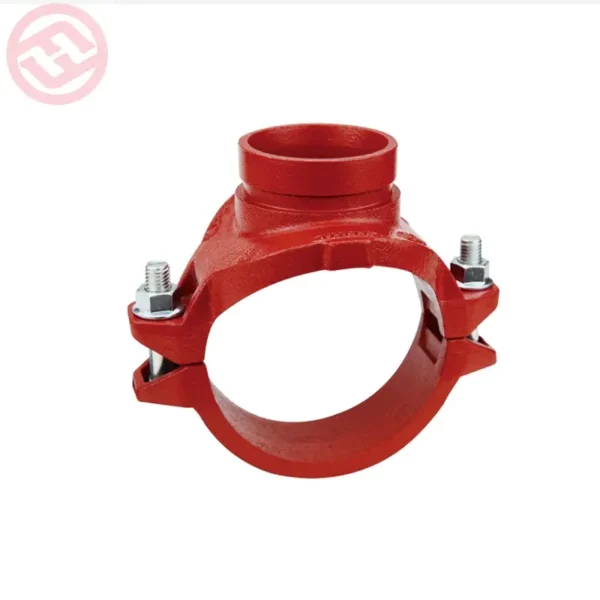Precision in dimensions has a significant impact on the eco-friendliness of production processes across various industries. The level of precision in manufacturing plays a crucial role in resource efficiency, waste reduction, energy consumption, and overall sustainability.
Here are several ways in which precision in dimensions contributes to eco-friendly production processes:
- Material Efficiency:
- Precision in dimensions allows manufacturers to optimize material usage during the production of components.
- Minimizing material waste through accurate measurements contributes to resource efficiency and reduces the environmental impact associated with raw material extraction and processing.
- Reduced Scrap and Waste:
- Accurate dimensions result in fewer defects and rejects during the manufacturing process.
- Reduced scrap and waste contribute to a more eco-friendly production environment by minimizing the disposal of unusable materials and lowering the need for additional raw material inputs.
- Energy Conservation:
- Precision in dimensions often translates to improved manufacturing efficiency and reduced energy consumption.
- Processes that involve minimal rework or adjustments require less energy, mechanical tees contributing to energy conservation and a lower carbon footprint.
- Optimized Machining and Processing:
- Precise dimensions enable optimized machining and processing techniques.
- Manufacturers can use more efficient machining methods, reducing the energy and resources required for material removal and shaping.
- Efficient Use of Cutting Tools:
- Accurate dimensions allow for the efficient use of cutting tools during machining operations.
- Reduced tool wear and longer tool life contribute to sustainability by lowering the frequency of tool replacements and minimizing the environmental impact of tool production and disposal.
- Minimized Environmental Emissions:
- Precision in dimensions often leads to improved process control and less rework.
- Reduced rework and adjustments minimize the release of pollutants and emissions associated with certain manufacturing processes, promoting a cleaner and more environmentally friendly production environment.
- Water Conservation:
- Certain manufacturing processes, such as those involving precision machining or surface finishing, may use water for cooling or lubrication.
- Precision in dimensions can contribute to efficient water usage, reducing the overall water footprint of production processes.
- Lean Manufacturing Practices:
- Precision in dimensions is a key aspect of lean manufacturing practices.
- Lean principles, which focus on minimizing waste and optimizing efficiency, align with eco-friendly goals by reducing unnecessary resource consumption and improving overall production sustainability.
- Less Packaging Waste:
- Precise dimensions contribute to the production of accurately sized components, reducing the need for excess packaging materials.
- Less packaging waste aligns with eco-friendly practices and supports a reduction in the environmental impact of packaging production and disposal.
- Extended Product Lifespan:
- Products manufactured with precision tend to have longer lifespans and may require fewer replacements or repairs.
- Extending the lifespan of products reduces the overall environmental impact associated with manufacturing and disposal, contributing to sustainability.
- Recyclability and Circular Economy:
- Products with precise dimensions are often more conducive to recycling.
- Materials from products with consistent dimensions are more likely to be suitable for recycling processes, promoting a circular economy and reducing the demand for new raw materials.
- Compliance with Environmental Standards:
- Precision in dimensions is often a requirement for meeting environmental standards and certifications.
- Manufacturers adhering to these standards contribute to eco-friendly production practices by demonstrating commitment to environmental responsibility.
In conclusion, precision in dimensions is a key factor in promoting eco-friendly production processes by enhancing resource efficiency, reducing waste, minimizing energy consumption, and supporting sustainable manufacturing practices. Manufacturers that prioritize precision contribute to a more environmentally conscious approach to production across various industries.
